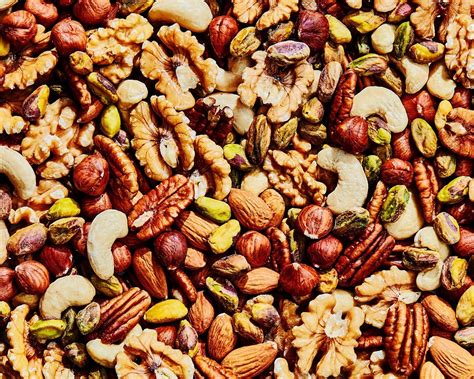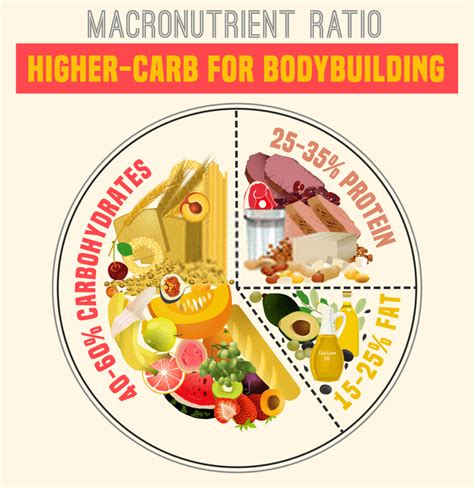Optimize daily macros for peak energy, muscle & fat loss?

The Power of Macros: Fueling Your Body Right
Understanding and optimizing your daily macronutrient intake is not just for elite athletes; it’s a fundamental strategy for anyone looking to transform their body, boost energy, and achieve sustainable health goals. Macronutrients—proteins, carbohydrates, and fats—are the primary sources of energy and building blocks your body needs. Getting their ratios right can be the difference between hitting a plateau and soaring towards your peak physical potential.
Protein: The Building Block for Muscle and More
Often hailed as the king of macros, protein is indispensable for muscle repair and growth, enzyme production, and hormone regulation. Adequate protein intake is crucial for satiety, helping to reduce cravings and support fat loss. It also has a higher thermic effect of food (TEF), meaning your body burns more calories digesting it compared to carbs or fats.

For individuals aiming for muscle gain or significant fat loss, a higher protein intake is generally recommended, often ranging from 0.7 to 1 gram per pound of body weight. Focus on lean sources like chicken breast, fish, lean beef, eggs, dairy, and plant-based options like legumes and tofu.
Carbohydrates: Your Primary Energy Source
Carbohydrates are the body’s preferred fuel source, particularly for high-intensity activities and brain function. They are crucial for replenishing glycogen stores in muscles and the liver, preventing fatigue and supporting recovery. Not all carbs are created equal, however. Complex carbohydrates found in whole grains, vegetables, and fruits provide sustained energy and fiber, while simple sugars offer quick bursts of energy but can lead to energy crashes.
Timing your carbohydrate intake around workouts can be highly effective. Consuming complex carbs pre-workout provides sustained energy, while a mix of simple and complex carbs post-workout aids in rapid glycogen replenishment and recovery.

Fats: Essential for Health and Hormones
Despite past misconceptions, dietary fats are vital for numerous bodily functions. They play a critical role in hormone production, nutrient absorption (especially fat-soluble vitamins A, D, E, K), brain health, and providing a concentrated source of energy. Healthy fats also contribute to satiety and overall cellular health.
Prioritize unsaturated fats found in avocados, nuts, seeds, olive oil, and fatty fish (like salmon), which are rich in omega-3 fatty acids. Limit saturated and trans fats, which can negatively impact cardiovascular health.

Crafting Your Personal Macro Strategy
There’s no one-size-fits-all macro ratio. Your ideal split depends on your age, gender, activity level, body composition, and specific goals (e.g., muscle gain, fat loss, maintenance). A common starting point for balanced nutrition might be 30-40% carbohydrates, 25-35% protein, and 20-30% fat. However, adjustments are key.
- For Fat Loss: A slight calorie deficit combined with higher protein and moderate carbs/fats is often effective to preserve muscle while shedding fat.
- For Muscle Gain: A calorie surplus with adequate protein and higher carbohydrates to fuel workouts and recovery is essential.
- For Peak Energy: A balanced approach focusing on complex carbs, lean proteins, and healthy fats spread throughout the day.
Start by calculating your Total Daily Energy Expenditure (TDEE) and then adjust your macros based on your goals. Online calculators can provide a good starting estimate, but listening to your body’s signals is paramount.

Putting It Into Practice: Tracking & Adjusting
Once you have an estimated macro target, consistency is crucial. Use a food tracking app to monitor your intake for a few weeks. This practice helps you understand food composition and develop healthier eating habits. Pay attention to how your body responds: Are your energy levels stable? Are you recovering well from workouts? Is your body composition changing as desired?
Be prepared to adjust your macros over time. As your body adapts, or as your goals shift, your nutritional needs will change. Small, incremental adjustments to your carbohydrate or fat intake, while keeping protein consistent, can yield significant results.

Optimizing your daily macros is a powerful tool for achieving peak energy, building lean muscle, and effectively losing fat. It requires understanding your body, consistent effort, and a willingness to adapt. By mastering this fundamental aspect of nutrition, you’re not just eating; you’re strategically fueling your success.








